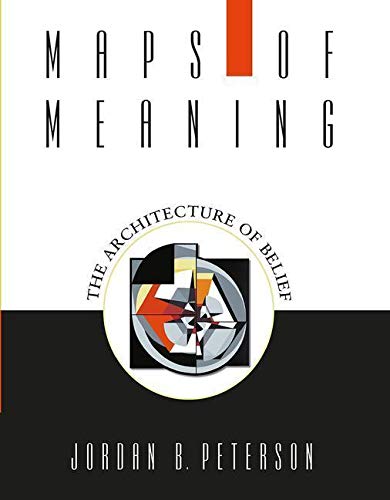 author
authorTop Book Recommendations by Jordan Peterson: Best Books for Success
Jordan Peterson is a Canadian clinical psychologist, cultural critic, and professor of psychology at the University of Toronto. He first gained widespread recognition in 2016 with the publication of his book "12 Rules for Life: An Antidote to Chaos," which became a best-seller and sparked a global conversation about personal responsibility, masculinity, and the nature of meaning in life.
Peterson's ideas and teachings center around the idea of personal responsibility and self-improvement. He encourages individuals to take responsibility for their own lives and to strive for self-actualization rather than relying on external factors to create meaning and purpose in life. He is known for his critiques of political correctness and what he views as a lack of individual responsibility in society. He is also known for his views on masculinity and the role of men in society.
Peterson is a practicing clinical psychologist who has written extensively on personality and the psychological foundations of human behavior. He has also written about the intersection of psychology and religion and has been critical of postmodernism and Marxism.
Peterson has been a controversial figure, with some seeing him as a champion of free speech and individual rights, while others see him as promoting regressive and harmful ideas. He has faced criticism for his views on gender and race and for his opposition to certain government policies related to these issues.
In addition to his writing and speaking engagements, Peterson has also conducted research on the role of personality in mental health and has been involved in a number of clinical studies. He is also a popular lecturer and has given many public talks on a wide range of topics related to psychology, philosophy, and culture.
Peterson is a well-known figure in the cultural and intellectual landscape, known for his ideas on personal responsibility, self-improvement, and the nature of meaning in life, as well as his critiques of political correctness and certain government policies. Despite his critics, his impact is undeniable. His books and lectures have helped many people to improve themselves and their lives.
In addition to his books and lectures, Jordan Peterson also has a popular YouTube channel where he posts videos on a variety of topics, including psychology, philosophy, and cultural criticism. He is also active on social media, where he engages with his followers and shares his thoughts and ideas.
Peterson's influence extends beyond the academic and intellectual spheres. His ideas have resonated with a wide range of people, from young men seeking guidance on how to navigate the complexities of modern life to professionals looking for ways to improve their personal and professional lives. He has also been a vocal advocate for fathers' importance and encouraged men to take responsibility for their families and communities.
In 2019, Peterson announced that he was suffering from an addiction to benzodiazepines and that he would be taking a leave of absence from his work to focus on his recovery. In 2020, he announced that he was also suffering from a serious case of pneumonia and had to undergo chemotherapy, which left him with many health complications. Despite this, Peterson continues to publish new content, write and speak in interviews, showing great resilience and determination.
In summary, Jordan Peterson is a well-known figure in the cultural and intellectual landscape, known for his ideas on personal responsibility, self-improvement, and the nature of meaning in life. His books and lectures have helped many people to improve themselves and their lives. He is also active on YouTube and social media and continues to publish new content and speak in interviews despite his health issues.
Best author’s book






















